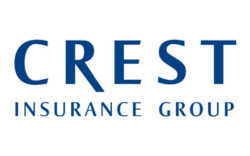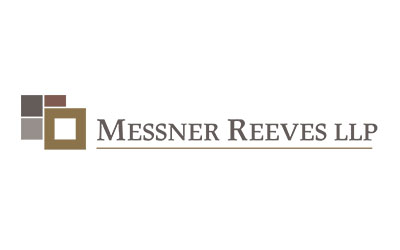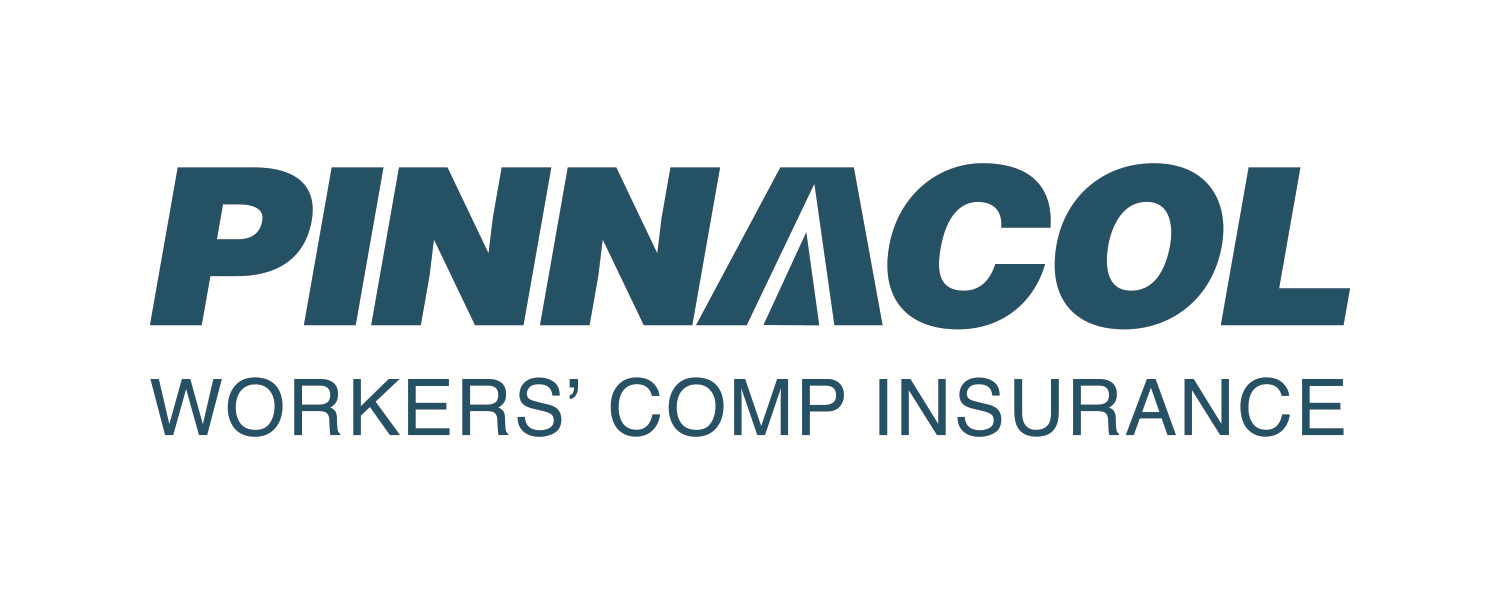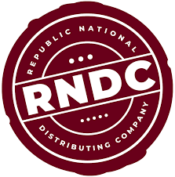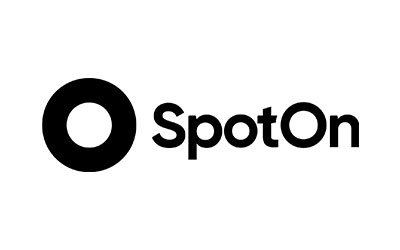In order to help you prepare and comply, here is an overview of the new labor and employment laws that will go into effect January 1, 2021.
Equal Pay for Equal Work Act
Colorado’s Equal Pay Act will prohibit an employer from:
- Paying one employee a wage rate less than an employee of a different sex for substantially similar work (Note: exceptions can be made based on work location, seniority, education, training, experience, and more).
- Asking about an applicant’s salary history.
- Restricting employees from discussing their compensation with other employees.
- Requiring an employee to sign a waiver or other document that prohibits the employee from disclosing his or her wage rate.
- Discriminating or retaliating against an applicant who fails to disclose his or her wage history.
- The hourly or salary compensation for each position (a range is okay) and a general description of all the benefits and other compensation offered to the applicant.
Employers are also obligated to make reasonable efforts to announce, post, or otherwise make known all promotional opportunities to current employees.
- A communication announcing a promotional opportunity must be in writing and include the job title, compensation range and benefits, and the means by which employees may apply for the position.
- An employer makes “reasonable efforts” if it uses the employer’s regular and customary method of communication with its employees and, for any employees not reachable by that method, uses an “effective alternative method to notify those employees.”
- If the employer elects to post promotional opportunities rather than providing notice to each employee, the posting must be displayed in each establishment where employees work, in a conspicuous location frequented by employees where it may be easily read during the workday.
Healthy Families and Workplaces Act (HFWA)
The HFWA requires employers with 16 or more employees to provide paid sick leave to their employees, accrued at one hour of paid sick leave for every 30 hours worked, up to a maximum of 48 hours. Beginning January 1, 2022, the Act applies to all employers regardless of size.
An employee:
- Begins accruing paid sick leave when employment begins;
- May use paid sick leave as it is accrued;
- May carry forward and use paid sick leave in subsequent calendar years that is not used in the year in which it is accrued.
The HFWA also requires an employer to provide its employees an additional amount of paid sick leave during a public health emergency in an amount based upon the number of hours the employee works.
Calculate COVID-19 sick pay here.
COMPS #37
The Colorado minimum wage increases to $12.32 an hour, with a $3.02 tip credit available for tipped food and beverage workers. Denver minimum wage increases to $14.77, with a $3.02 tip credit available for tipped food and beverage workers.
Secure Savings Program
Colorado enacted the Colorado Secure Savings Program, which will require employers with five or more employees to sponsor a 401(k) program for employees or facilitate employee enrollment in a state program that will likely deposit 5% of employee wages into an IRA. The law does not require employers to contribute to the program but failing to comply with program requirements can result in a fine of up to $100 per employee and up to $5,000 total in a year.
Paid Family Leave and Medical Insurance Program– Effective 2023
In the 2020 election, Colorado voters passed Proposition 118 to create a state-run program that provides Paid Leave of up to 12 weeks for all employees. The law will increase payroll taxes on employees and employers with 10 or more employees to fund the program. Employers must remit taxes beginning on January 1, 2023. Leave benefits do not begin until January 1, 2024.
View the slides from our webinar with Fisher & Phillips here and the recording here.
The U.S. Department of Labor (DOL) issued the final rule for tipping regulations under the Fair Labor Standards Act (FLSA), taking effect on February 20, 2021. This allows employers who do not take a tip credit to pool tips and distribute to back-of-house employees. It does not change the tip pooling requirements for restaurants that count tips as a part of wages. In no circumstance are managers and supervisors permitted to keep tips received by employees. The final rule also confirms DOL’s informal guidance that an employer may take a tip credit for any amount of time an employee in a tipped occupation performs related non-tipped duties. For the employer to use the tip credit, the employee must do their side-work within a reasonable time immediately before or after performing the tipped duties.
This brings necessary clarification for employers and their employees and is a victory for the restaurant industry. We thank our partners at the National Restaurant Association for their advocacy for these revisions. Click here for important information on this rule from our partners at Fisher & Phillips.

